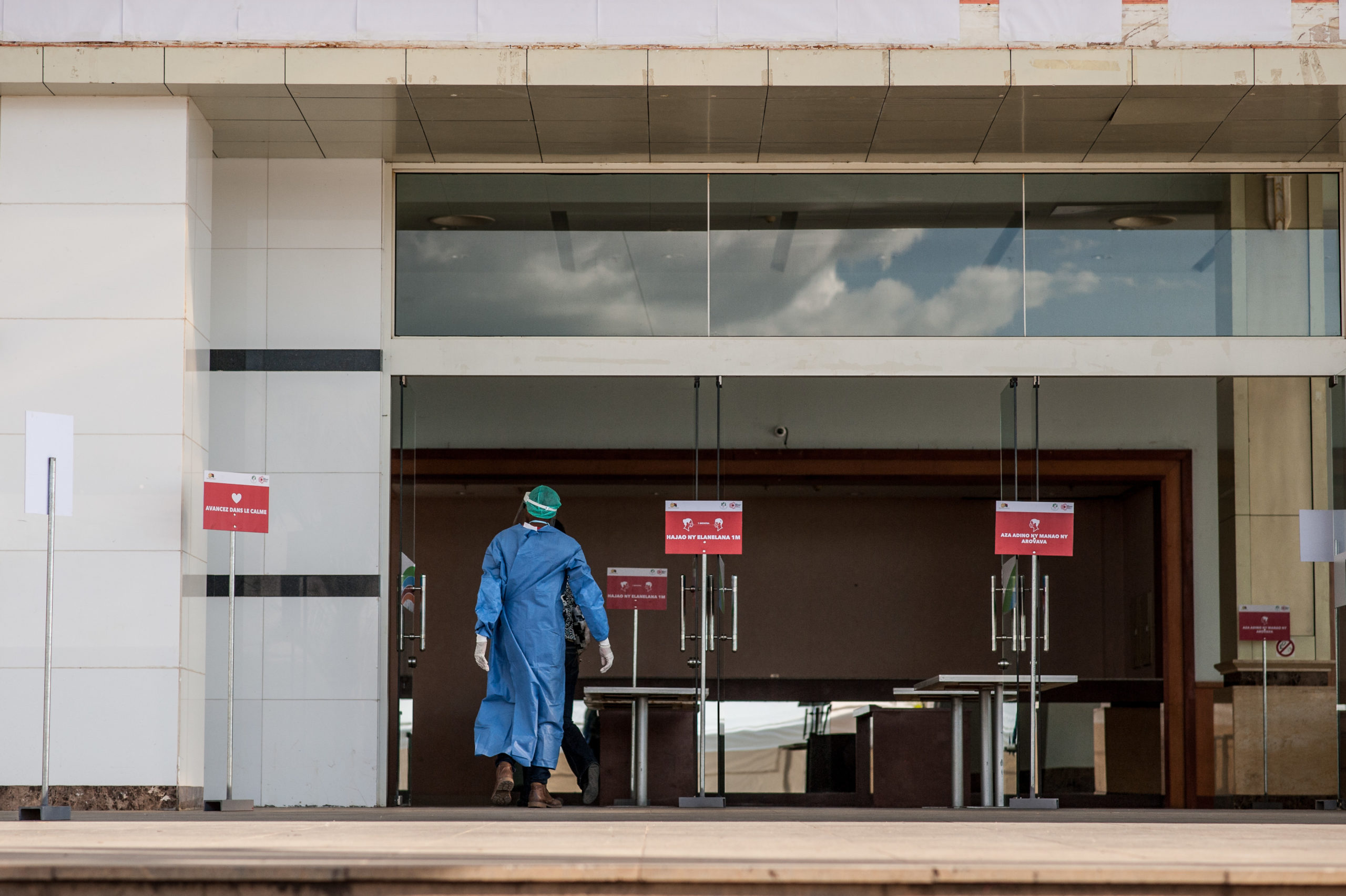This project seeks to explore poverty dynamics and inclusive governance in the context of the Covid-19 pandemic, conflict, and significant return of labour migrants from Iran and Pakistan.
In particular it will look at three key questions.
Firstly it will examine how Covid-19 has affected labour market precarity and livelihood stability for young women and men – how have they coped (differentially) and what types of collective action and sources of resilience have they employed? Secondly the project will look at how the state has repositioned itself in terms of the provision of health services and economic packages to respond to the pandemic. And finally how have opposition armed groups’ legitimacy strategies changed, for example through public health policies, humanitarian aid, and economic measures.
Findings will help policy makers and development partners to better understand and adopt corrective measures on the following elements:
- Perceptions of service provision and its effects on state or armed groups’ legitimacy and the development and humanitarian aid community
- Entry points for societal actors to engage collaboratively with the state and the Taliban to improve people’s resilience, and pathways towards greater resilience
- Challenges encountered by youth and women in terms of social protection, access to labour market and other emerging issues
- Challenges encountered by the most vulnerable categories
- New forms of solidarity and structures of social cooperation that can be sustained through development programmes
